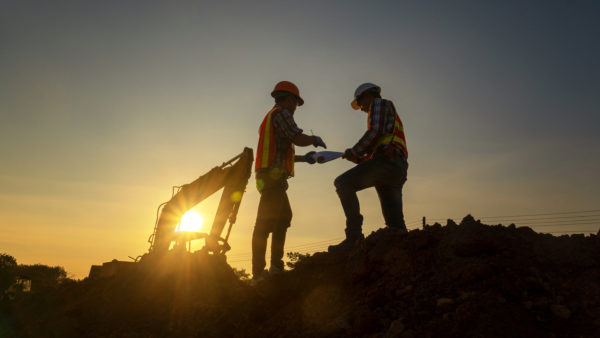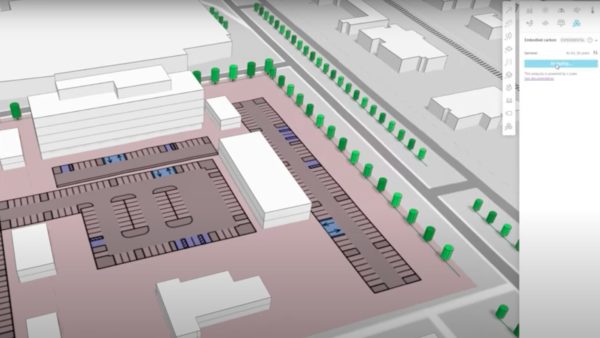BEIS is backing a pan-industry plan to change priorities that govern how we view and run infrastructure in the face of climate change and the socio-economic recovery from Covid-19 and says “digitalisation, built on secure, resilient data sharing, has an important role to play in achieving this”.
A group led by the Centre for Digital Built Britain (CDBB), the Cambridge Centre for Smart Infrastructure and Construction (CSIC) at the University of Cambridge, with the support of the Department for Business, Energy and Industrial Strategy, the Institution of Civil Engineers, the Institution of Engineering and Technology and the Institution of Mechanical Engineers, has set out its ideas in a new paper called Flourishing Systems.
At the heart of the new ideas is that infrastructure needs to be seen as “system of systems that allows people to flourish” and as such should be viewed in a more holistic and sustainable way, underpinned by digitalisation.
Fergus Harradence, deputy director for construction at BEIS, said in the foreword to the paper: “The UK government has made clear that it places infrastructure at the centre of its vision for the nation – investing in infrastructure to level up prosperity and wellbeing across the country.
“Digitalisation, built on secure, resilient data sharing, has an important role to play in achieving this.
“As we emerge from the Covid-19 pandemic, it could be that digitalisation has reached a tipping point. The lockdown has required us to adapt quickly to digital ways of working, proven the robustness of telecommunications systems globally, and shown the need for improved data.
“Data has a central role to play in controlling infection as economic and social activity resumes, and in adapting the operation of all forms of social and economic infrastructure to be resilient in the different conditions that are likely to persist long after the last cases of Covid-19 have been reported.
“As we move ahead with recovery, our increased comfort with digitalisation will be essential for addressing many of the big, systemic challenges that we face, from rebalancing the UK economy for the benefit of under-represented communities, to managing the causes and effects of climate change by reducing carbon emissions to net-zero by 2050.
“This paper shines a light on the systemic nature of many of today’s issues and opportunities – AI and the data economy, the future of mobility, clean growth, and meeting the needs of an ageing society. Seeing our economy, our society and the infrastructure that supports them from a new perspective – seeing them as systemically connected – may be the key we need to achieve our ambitions.”
The paper says that planning and running infrastructure needs to be driven by:
- People – the key purpose of infrastructure is to support and serve society, we must get better at understanding and delivering the interconnected social, environmental and economic outcomes needed for human flourishing.
- Connections – infrastructure has become a complex, sociotechnical, interconnected system of systems. That should be reflected in the way we run the industry through a systems based strategy for national infrastructure and new metrics for infrastructure performance.
- Sustainability – it will become increasingly difficult to sustain infrastructure and society unless the system itself becomes sustainable, secure and resilient. This requires us to consider how each asset-level intervention affects the system, a make a deliberate move towards the circular economy in infrastructure.
- Digitalisation – bringing digital and physical assets together to create cyber-physical systems – smart infrastructure. We must recognise digital assets, such as data, information, algorithms and digital twins, as genuine ‘assets’, which have value and must be managed effectively.
Image: Jonathan Mitchell/Dreamstime.com















